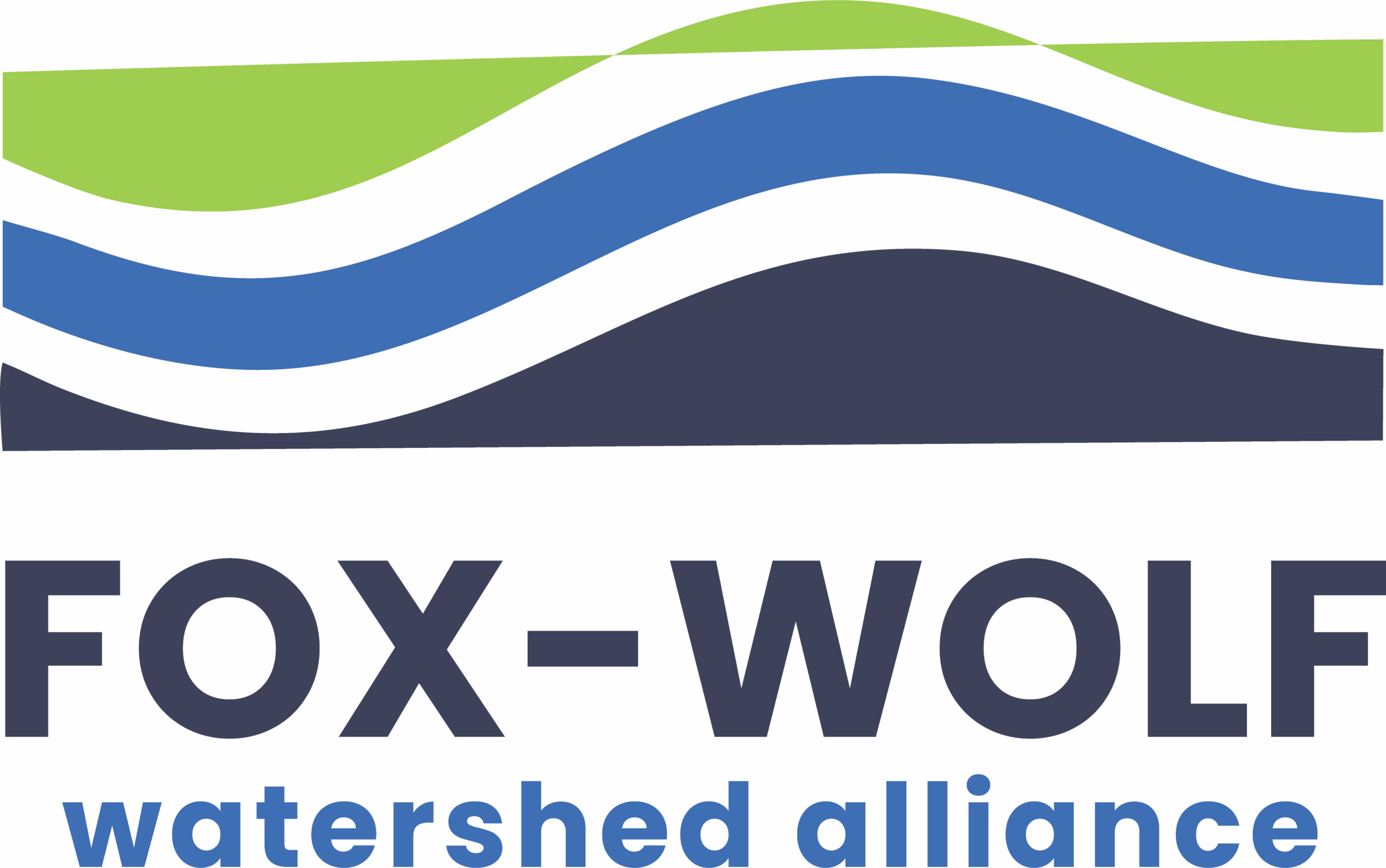
Good Dog, Good Owner
You can be a responsible pet owner and protect our waters
Your dog brings a lot of joy to your life. Enjoying your four legged friend doesn’t need to come at the price of clean water. We can have both, but to make that happen, we all need to think a little differently
More to waste than meets the eye
Pet waste is not only an unpleasant find on a yard or sidewalk, it also carries bacteria that causes beach closings in the summer.
FILTER WASTEWATER
Before dumping your dirty water into the sanitary sewer, filter the water to make sure that any fiber or debris does not go down the drain. Debris in the wash water can clog the pipes. Dispose of the filtered material in the garbage, provided that the carpet was not contaminated with hazardous materials.
Campylobacteriosis and Salmonellosis are often the cause of the “24-hour bug”. They are transferred through fecal material from an infected person or animal
Toxoplasmosis is carried by a single-celled parasite that lives in infected animal feces (typically cats). In pregnant women, it can pass through the umbilical cord to the unborn fetus, causing serious abnormalities.
Waste Disposal
Prevent bacteria in our streams by carrying small plastic bags when walking your dog. Collect droppings, tie a knot in the bag, and dispose of it properly. Do not throw pet waste down a sewer.
At home, pick up pet waste often. Even waste in your backyard can pollute local waterways. You can flush the waste down the toilet or put it in your trash can (be sure to check your local ordinances first!).
Northeast Wisconsin Stormwater Consortium (NEWSC) P.O. Box 1861 Appleton, WI 54912 l 920.851.4336
RenewOurWaters.org

Stormwater is rain or snowmelt and water from things people do, like washing the car or watering the lawn. As water makes its way to the storm drain it picks up pollutants like oil from car leaks and bacteria from pet waste. When we choose products carefully and dispose of products properly, we can greatly reduce the amount of pollution that enters our local waters through runoff.
Untreated runoff is the biggest threat to our nation’s water quality, according to the U.S. Environmental Protection Agency. Let’s make the small, important changes that will reduce that threat and improve water quality and our lives!

—

—
